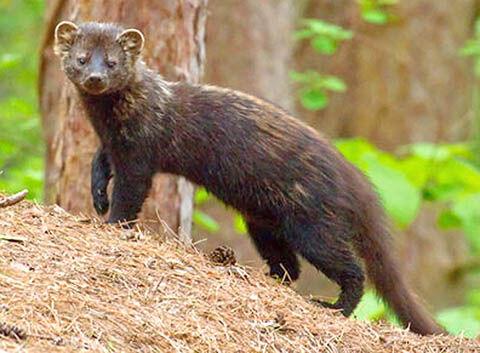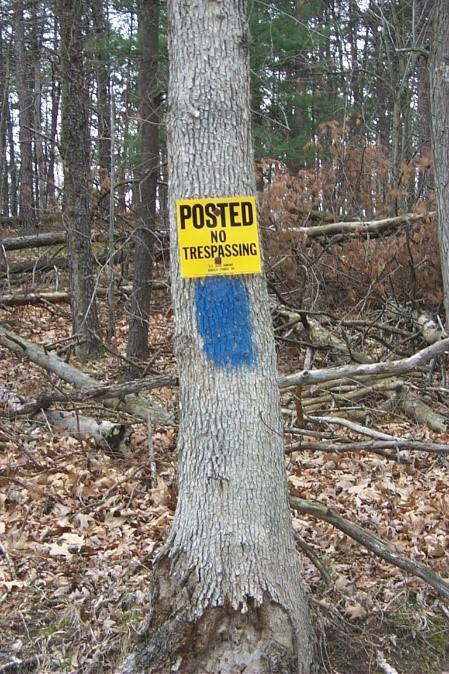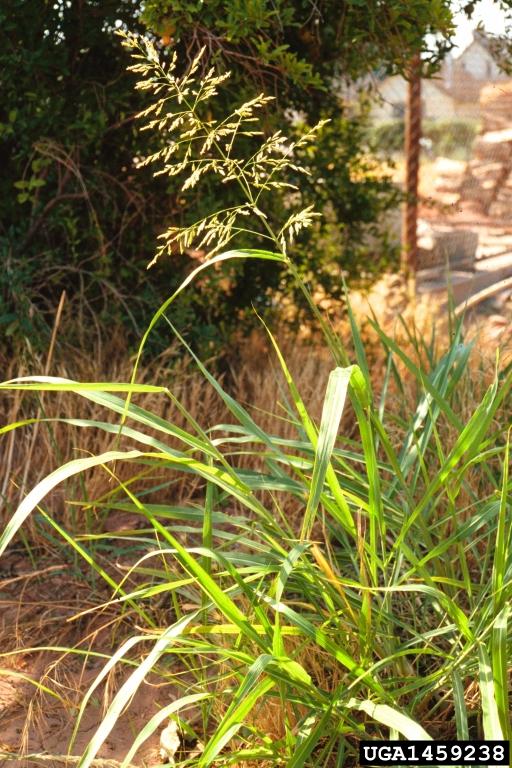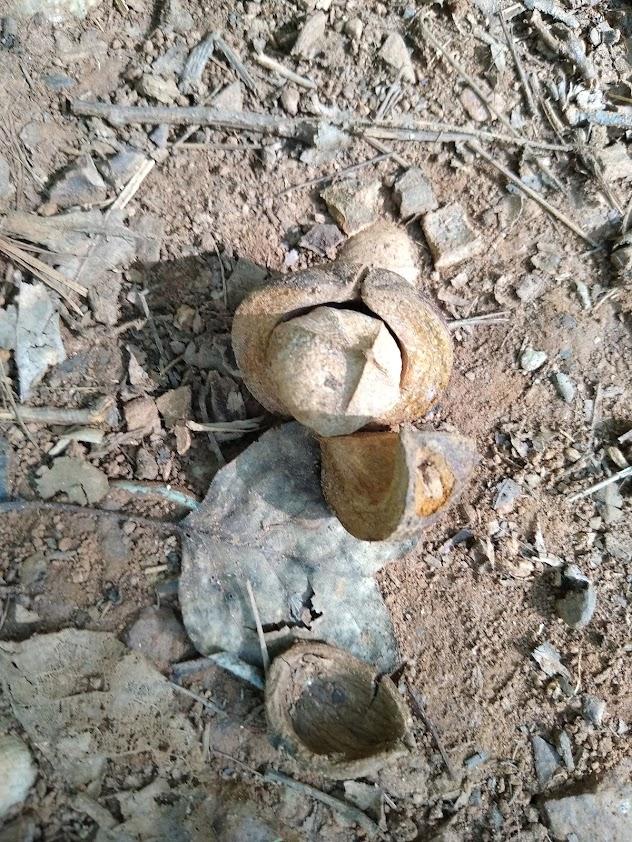Events Calendar
December 8, 2021, 3:30 - 5:00 pm
Women’s Forest Congress
Online
Hear stories from organizations who share values and are raising the profile of gender equity in the broader forest, conservation, and recreation spaces. Participants can also join “book club” style networking discussions.
Registration is free but limited to the first 300 individuals who register. Go to https://us02web.zoom.us/meeting/register/tZUsceurqT0oGNOM41rQWghD27QnJi4es2ij to register.
January 11-13, 2022
Mapping with Small Unmanned Aircraft Systems (Drones)
Online
This three-day intensive “drone boot camp” is offered through Virginia Tech and is designed for Extension agents / specialists, Private industry, Natural resource professionals, Planning professionals, Local/State government employees, Public safety professionals, Agricultural operators, and more who want to learn how to use drones for mapping, natural resource management, and much more. No previous experience is required. Registration closes December 11, 2021 and space is limited. For more information and to register, visit https://virginiaview.cnre.vt.edu/workshops-events/.
March 8-10, 2022
BeaverCON 2022 - Building Climate Resilience: A Nature-Based Approach
Delta Hotel, Hunt Valley MD
BeaverCON 2022 is a biennial, three-day, international, conference for restoration professionals, researchers, and practitioners to learn what works in nature-based approaches to tackling the most pressing environmental challenges of our time: flooding, drought, fire, and water quality, as well as cutting edge approaches to beaver conflict management and leveraging beaver for watershed restoration efforts. To learn more and to register, visit https://www.beavercon.org/





